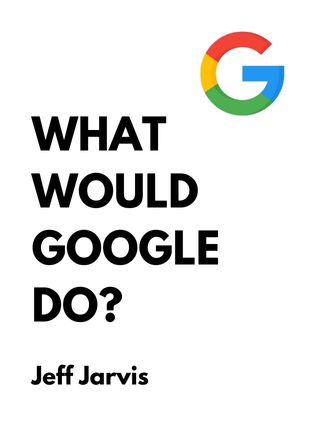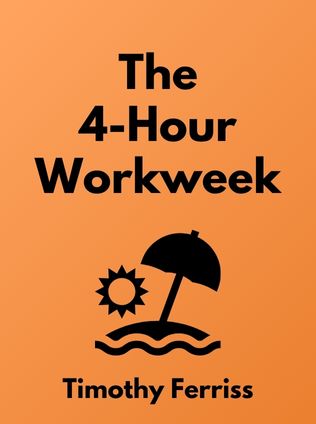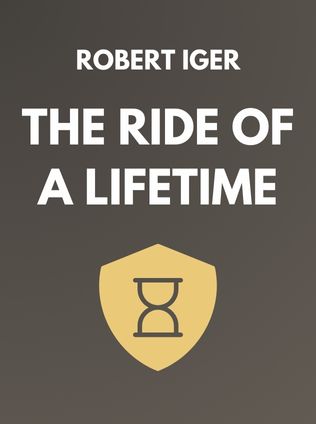
What Would Google Do?
By Jeff Jarvis
Published 08/2011
About the Author
Jeff Jarvis is a prominent media commentator, blogger, and associate professor at the City University of New York's Graduate School of Journalism, where he directs the interactive journalism program. He is known for his influential blog, Buzzmachine.com, and his work as a consulting editor for Daylife, a news startup. Jarvis's extensive background includes roles as the president and creative director of Advance.net, the online division of Advance Publications, and as the creator and founding editor of Entertainment Weekly. His experience spans a wide array of journalistic roles, including TV critic, columnist, and reporter for various esteemed publications such as the New York Daily News, TV Guide, People, the San Francisco Examiner, and the Chicago Tribune. His deep insights into media, technology, and the digital economy culminate in his thought-provoking book, What Would Google Do?, where he examines how Google's business practices can serve as a model for success in the modern world.
Main Idea
In What Would Google Do?, Jeff Jarvis explores the revolutionary impact of Google's business model on the global economy. He dissects the principles and strategies that have propelled Google to its towering success and suggests how these can be applied to transform other businesses, institutions, and personal careers. At its core, the book is about adopting a new mindset—seeing the world through Google's eyes—embracing openness, collaboration, transparency, and trust to thrive in the new economy. Jarvis provides a roadmap for navigating the digital age, urging readers to abandon outdated practices and embrace the principles that have made Google a powerhouse. His insights are aimed at helping readers build stronger relationships, foster innovation, and create value in a world increasingly driven by connectivity and information.
Table of Contents
- Introduction
- The Google Rules
- New Relationships
- New Architecture
- New Publicness
- New Society
- Conclusion
Introduction
Jeff Jarvis opens with a powerful analogy comparing Google's influence on the Internet economy to a higher power in a new economic age. He explains the impetus behind the book's title, drawing a parallel to the "What Would Jesus Do?" bumper stickers and bracelets, suggesting that Google's approach can guide us through the complexities of the modern digital landscape. The introduction sets the stage for the book's exploration of how Google's principles can be applied broadly across various sectors, from commerce to education, and beyond. Jarvis positions Google not just as a company, but as a lens through which we can understand and navigate the transformative power of the Internet.
The Google Rules
The foundation of Google's success lies in a set of principles that Jarvis dubs "The Google Rules." These rules are characterized by a commitment to openness, collaboration, transparency, and trust. Jarvis emphasizes that Google’s approach is fundamentally different from traditional business models that rely on control and secrecy. Instead, Google thrives by empowering users, leveraging the collective intelligence of its community, and fostering an environment where information flows freely.
"The mass market is dead. It committed suicide by not heeding market trends and developing authentic, interactive relationships with its customers. Google just handed it the gun." - Jeff Jarvis
Jarvis elaborates on several key rules:
Sign up for FREE and get access to 1,400+ books summaries.
You May Also Like
Rich Dad Poor Dad
What the Rich Teach Their Kids About Money - That the Poor and Middle Class Do Not!
By Robert T. KiyosakiFreakonomics
A Rogue Economist Explores the Hidden Side of Everything
By Steven D. Levitt and Stephen J. DubnerThe Lean Startup
How Today's Entrepreneurs Use Continuous Innovation to Create Radically Successful Businesses
By Eric RiesFactfulness
Ten Reasons We're Wrong About the World – and Why Things Are Better Than You Think
By Hans RoslingThe Ride of a Lifetime
Lessons Learned from 15 Years as CEO of the Walt Disney Company
By Robert Iger



















